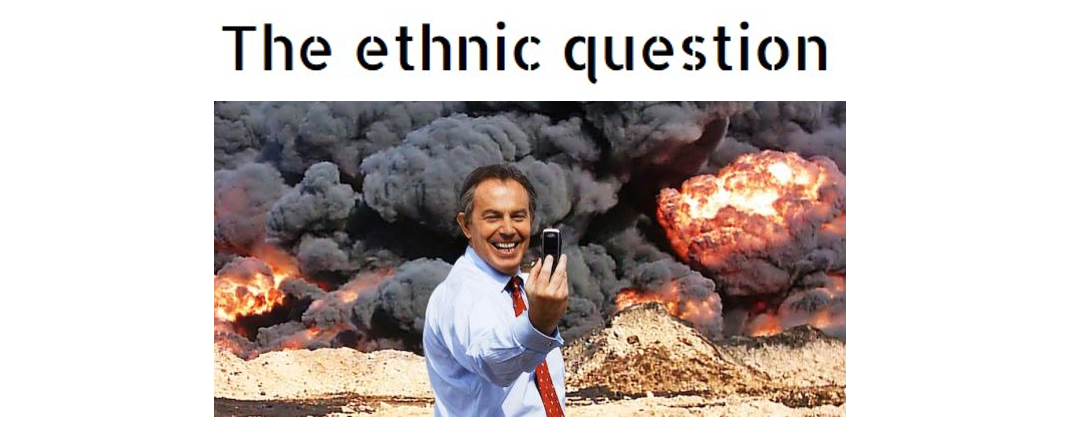Monday, 17 December 2012
How institutionalising and categorising narrows the way we think
Saturday, 8 December 2012
Pakistan- a nation built on ethnic boundaries?
The issue of insular ethnic communities and education are two of the biggest problems that need to be addressed in order to unite Pakistan as a nation that can face the myriad of problems on its doorstep. What currently divides Pakistan can be transformed in to a rich Pakistani culture that incorporates acceptance and communication in order to progress.
Are Isreael's E1 settlement plans likely to bring about settlement?
Despite international protests, Israel looks set to go ahead with its plan to create 3,000 settler homes in the West Bank. Considered an illegal move by a number of nations, there is fear that Israeli housing could bisect the West Bank and cut off Palestinians from Jerusalem, further dimming hopes for a contiguous state.
So what does Israel hope to achieve by doing this?
And what did Palestine think would happen once it became a non-member observer state in the UN?
Egyptian opposition shuns Morsi's call for dialogue
With no foreseeable plan to rescind his self-serving decree of wide constitutional powers, it does not seem likely Morsi will delay the vote set for December 15 on a constitution drafted by an Islamist-led assembly said to fail to meet the aspirations of all Egyptians. Mursi's planned dialogue meeting was expected to go ahead Saturday, despite the fact most opposition factions would be absent.
Token gestures to appease the international community will not resolve the conflict in Egypt and rid a failing state of a dictator.
Where does the international community draw the line and
take action to stop the bloodshed?
Foreign Secretary expresses concern about violence in Cairo... Too little, too late?
On the 5th of December, Foreign Secretary William Hague stated: "We urge all parties to resolve their differences through a process of dialogue which allows all voices to be heard.”
Not only is this months too late, but what process of dialogue allows all voices to be heard? Who will be involved in this dialogue? And when exactly will it be held?
Will dialogue between fundamentalist Morsi and his opponents be successful in stopping the violence or is it an empty promise?


